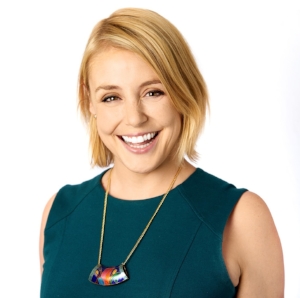Lauren
What was going on in your career when you first started coaching?
I was working full time while working on two masters’ degrees simultaneously. I was burnt out on work and school, and desperately needed a dose of outside perspective. I felt stuck. I had been at the same company for 7 years at that point, and felt that my colleagues still looked at me as the same 24-something who was only capable of junior tasks. I also knew that graduation was around the corner, and I really needed some support to find my next path. My goals going into coaching were threefold: 1) To shed that "junior" shadow and convey to colleagues that I was ready for more responsibility. 2) To improve my conflict management skills with challenging colleagues, clients, and classmates. 3) To figure out whether I wanted to stay in public health or pursue other dreams.
What big step have you recently taken in your career journey?
I recently started a job at the United States Digital Service as a UX designer with the Department of Veterans Affairs. It took me a long time to decide whether I wanted to leave public health. I had poured so much time and energy into this field, and my career was an important part of my identity. However, I also realized that I wasn't learning new things at my company anymore, and I felt frustrated more often than I felt satisfied. It was time to go. I had long craved a more tech-forward work environment, and I was ready to pursue the kinds of work that lit my soul on fire and forced me to think and problem solve.
What risk are you glad you took?
Leaving my company was a huge risk. After 9.5 years, I had grown comfortable. The benefits were incredible, I loved my team and my boss, I was good at my job, I knew what to expect, and I had the reassurance that I could always find enough work to do to keep myself busy. Instead, I joined an environment where there is a lot of ambiguity, and less opportunity to plant roots and stay. USDS is a term-of-service type of work environment; many of my new colleagues serve for 3 months to 4 years max. I am here to learn and to contribute my experience toward a bigger goal: Making it easier for veterans to access the benefits they have earned. And when my term of service is over, I will move on to a new challenge somewhere else. The expectation that we are all going to leave is both unsettling and invigorating.
What is one thing you do every day that keeps you focused?
I have been walking to and from work every day since I started my new job. That time in the morning and evenings to be quiet, to observe, to think, to reconcile, and to tune out if need be is important. I've also been making a point to disconnect from technology when I don't need to be on it. My new job centers around tech (I have multiples of every device that I use during the day now), so I have found an extra need to step away from it and enjoy the world around me when I'm not at work.
What is a recent moment in your career that made you really proud?
Hmmm, two come to mind - fitting, an ending and a beginning. The first: My company threw me quite a send off during my last week, and I received a lot of kind words and praise from colleagues I'd worked with over 10 years. I'm really proud of that legacy. My second was the swearing-in ceremony for my new job. I had to raise my right hand and everything! It made me really proud of the work I'm now doing!
What is a failure you’ve experienced in your career and what lesson did you learn from it?
I think people often point to failures as a decision or action that didn't work out. For me, failure takes a different form: failure to take advantage of opportunities for stupid reasons. (E.g. I kicked myself for a long time for not studying abroad in college.) My takeaways from these moments of regret are to recognize that fear and inertia are powerful forces, but mostly they serve as barriers, or saboteurs. I've learned to take a meaningful pause to ask myself whether there is something valid to be scared of or some important consideration for not making a change. The difference between reasons and excuses is important; excuses are barriers you set up for yourself, while reasons are external barriers that 9 times out of 10 can be resolved.
What was your biggest take-away from your coaching experience?
It's funny - this is a lesson that I have been applying a lot lately -- both while hiking and in my career! When it comes to big decisions (like changing jobs), taking the leap sometimes feels like stepping off a 60-foot cliff. As someone who is terrified of heights, that can be really scary. However, more often than not, when you look up from the bottom or look behind you, the 60-foot cliff might have been just a 6-foot cliff, or it may not even been a cliff at all. Change and risk feel terrifying, but that should not create an impasse for moving upward and onward. My goals and values give me all the tools I need to navigate any drop-off, no matter how steep; I just have to trust in them.

